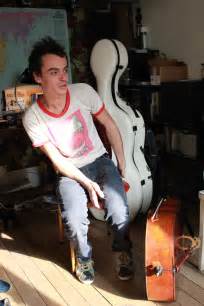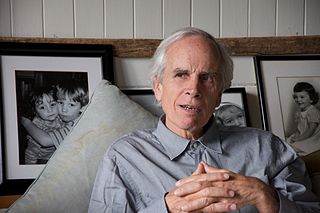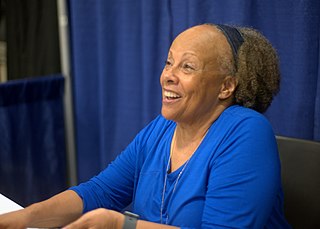A Quote by Ken Liu
As an American writer, the literary tradition that I draw on the most is the Anglo-American one, and when you are writing in this tradition, the Orientalizing Western gaze is something you have to constantly push against as well as compromise with.
Related Quotes
Does people not asking me about Asian American literature mean they don't see it as its own literary tradition? I certainly believe in it as its own literary tradition, because your race plays a great factor in how you are seen by the world, and how you see the world; the fact that I'm an Asian American isn't incidental to who I am as a writer. Where it becomes difficult is defining what, if anything identifiable at all, makes an Asian American book an Asian American book, other than the fact of its creator being Asian. And I'd argue that there is nothing identifiable beyond that.
The word "democracy" is a Western word obviously. It doesn't exist in Arabic. Democratiya is a loan word. We in the Western world make the great mistake of assuming that ours is the only form of good government; that democracy means what it means in the Anglo-American world and a few other places in the West, but not many others. Muslims have their own tradition on limited government. Now in Islam, there is a very strong political tradition. Because the different circumstances, Islam is political from the very beginning.
I'm conscious of the fact that I'm sort of a bridging figure. I have my Chinese literary heritage and cultural background, so I'm comfortable with these things, but at the same time, I have to navigate the Anglo-American tradition, which has a self-centred view of what Asia and what being Chinese means.
Oh, I love labels, as long as they are numerous. I'm an American writer. I'm a Nigerian writer. I'm a Nigerian American writer. I'm an African writer. I'm a Yoruba writer. I'm an African American writer. I'm a writer who's been strongly influenced by European precedents. I'm a writer who feels very close to literary practice in India - which I go to quite often - and to writers over there.
The Western music tradition is mostly addressed to a public that has a critical mind, and judges the quality of the writing, of the interpretation. And I think it is a great tradition! It pushes the musicians to always go further, and to never stop pushing the limits and explore what can be done with sounds. And great pieces of art were born from that tradition.
The Anglo-American tradition is much more linear than the European tradition. If you think about writers like Borges, Calvino, Perec or Marquez, they're not bound in the same sort of way. They don't come out of the classic 19th-century novel, which is where all the problems start. 19th-century novels are fabulous and we should all read them, but we shouldn't write them.
There's the fact that American fiction is basically the most apolitical fiction on the globe. A South American writer wouldn't dare think of writing a novel if it didn't allude to the system into which these people are orchestrated - or an Eastern European writer, or a Russian writer, or a Chinese writer. Only American writers are able to imagine that the government and the corporations - all of it - seem to have no effect whatsoever.
It's time for a recovery and reassessment of North American thinkers. Marshall McLuhan, Leslie Fiedler and Norman O. Brown are the linked triad I would substitute for Jacques Lacan, Jacques Derrida and Michel Foucault, whose work belongs to ravaged postwar Europe and whose ideas transfer poorly into the Anglo-American tradition.
The New World Order is a more palatable name for the Anglo American world empire. It's the planetary domination of London, New York, Washington over the rest of the world. It's hard to get people to join that or think they have a part in it if you called it the Anglo American world empire. If you call it the New World Order, then people in India or some place like that or the European Union might think, "Well, there's something there for us too." But that's not what it is; it's the Anglo American New World Order.





































